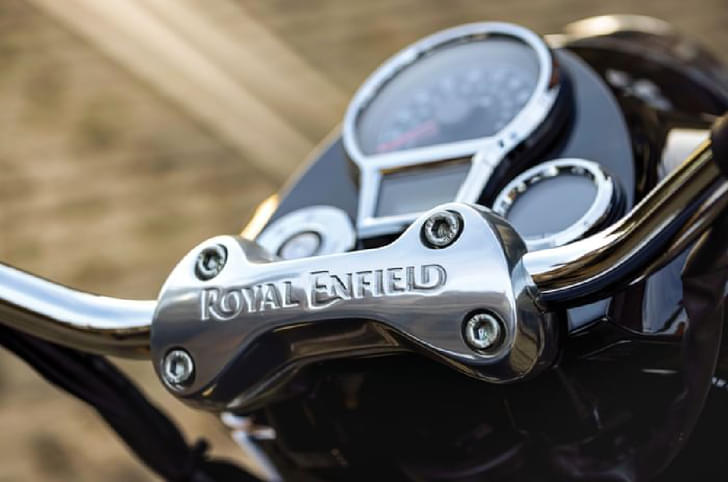Component major Bosch has revealed findings of its ongoing Accident Research Project. The research that commenced in 2009 seeks to find how vehicle systems can help avoid accidents taking place and also how they can minimise injury in the case of impact. The study is based on the Road Accident Sampling System – India or RASSI database that comprises scientifically collected accident data.
Among the report’s many important findings, one was just how beneficial anti-lock brakes can be to prevent accidents on two-wheelers. Based on 556 two-wheeler accidents that were studied, the research found as many as 33 percent of accidents could have been avoided altogether were the scooters and motorcycles involved equipped with anti-lock brakes. In another 16 percent of cases where collision avoidance was impossible, the study found ABS could have helped significantly reduce the speed at which impact occurred and correspondingly, the extent of injuries. As per road accident data of the year 2013, two-wheeler users were the most vulnerable of all road users in India – 29 percent of the 1,37,572 fatalities on Indian roads last year were of two-wheeler users. At present, only a handful of Indian motorcycles come with anti-lock brakes. Interestingly, there is talk that new road safety regulations will make the essential safety feature compulsory on all two-wheelers 2017 onwards.
The government is also reportedly working to make ABS compulsory on all cars come 2017. Just as well, because if Bosch’s study is anything to go by, as many as 20 percent of car accidents can be avoided with the system. Researchers at Bosch reached this conclusion by studying RASSI data from 216 accidents on the Coimbatore-Chennai highway.
Data from frontal collision accidents on the Coimbatore-Chennai highway and the Mumbai-Pune expressway also revealed the importance of airbags. Of the 375 cars involved in the accidents, only 14 percent were equipped with airbags. 49 percent of the front occupants of the cars equipped with airbags suffered none to minimal injuries on impact. While 51 percent of frontal occupants in airbag-equipped cars did receive serious to fatal injuries, a point to note here is that as many as 21 percent of them were not wearing their seat belts at the time of impact. Seat belts, as you should know, are the primary restraint system in cars and their non-usage can nullify the benefits of other active and passive safety features.
The findings of the Bosch Accident Research Project come at a time when the road safety movement is gaining momentum in India. In fact, the matter is set to get a big push when the Draft Road Safety and Transport Bill is introduced in the winter session of Parliament that started this week. The bill proposes new regulations for traffic management, road infrastructure, vehicle standards, licensing, movement of goods, etc, that, on paper, have the potential to transform our roads from being the unsafest in the world.
Nikhil Bhatia

































